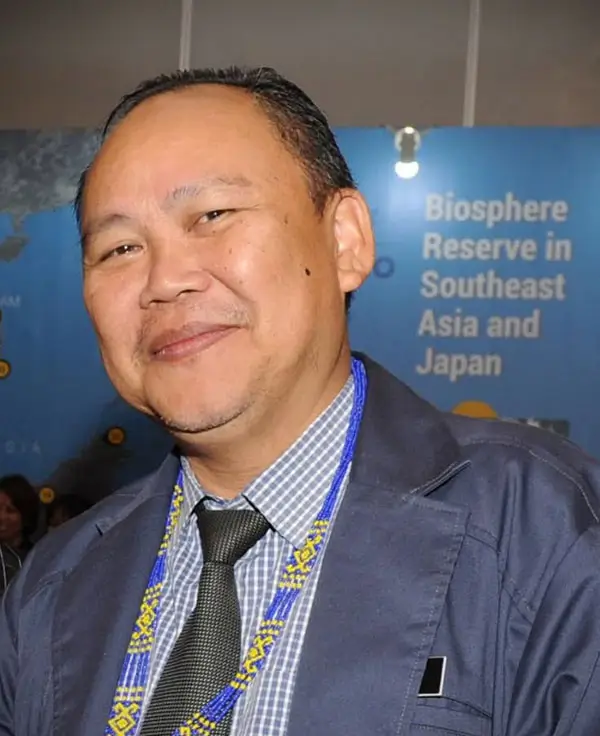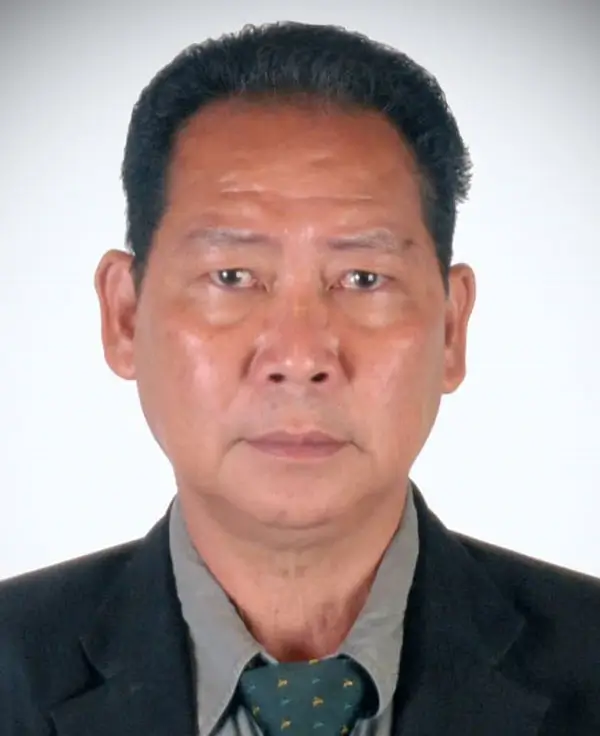Why did Sabah Parks embark on establishing the Centre for Sustainability and Capacity Building?
In summary, environmental responsibility transcends personal actions. It is a collective endeavour that requires systemic change, informed decision-making, and a commitment to leaving a positive legacy for future generations. There is an urgent need to embrace our role as custodians of the Earth and work together toward a sustainable future.
-
(1) Issues on climate change and disaster risk reduction have been on the global agenda for centuries, but the solution is nowhere to be assured. The solution's foundation relies critically on conserving the natural environment (Biodiversity and Ecosystems).
-
(2) Many countries ' policies and action plans have been increasing the size of protected areas, both terrestrial and marine, including the Parks system. Nevertheless, the population growth demands more land for socio-economic development. Hence, increasing the size of protected areas without inhabitants becoming impossible. Even protected areas with inhabitants face challenges regarding human well-being, biodiversity, and ecosystem conservation.
-
(3) The UN approved the 17 UN-Sustainable Development Goals to solve the environmental degradation over socio-economic development.
-
(4) Sabah Parks, an agency under the Ministry of Tourism, Culture and Environment, plays a role in mitigating Climate Change and Disaster Risk Reduction issues. Programmes and action plans based on 17 UNSDGs, Nature-based Solutions, and Ecosystem-based Approaches are the appropriate approaches and way forward.
-
(5) How? One of many possible initiatives is establishing the Centre for Sustainability and Capacity Building.


